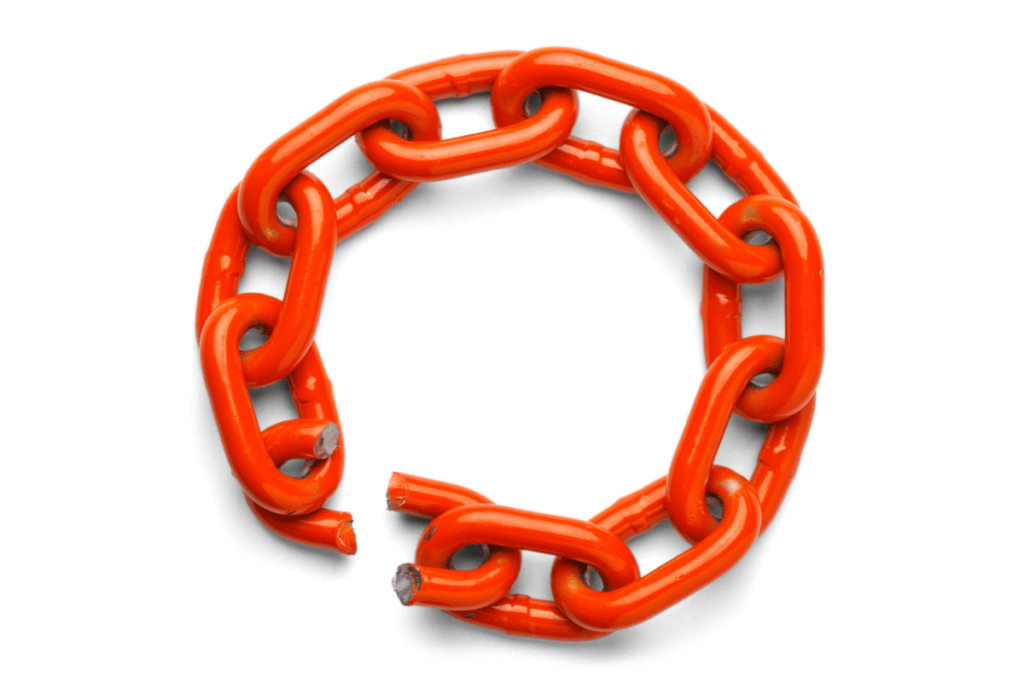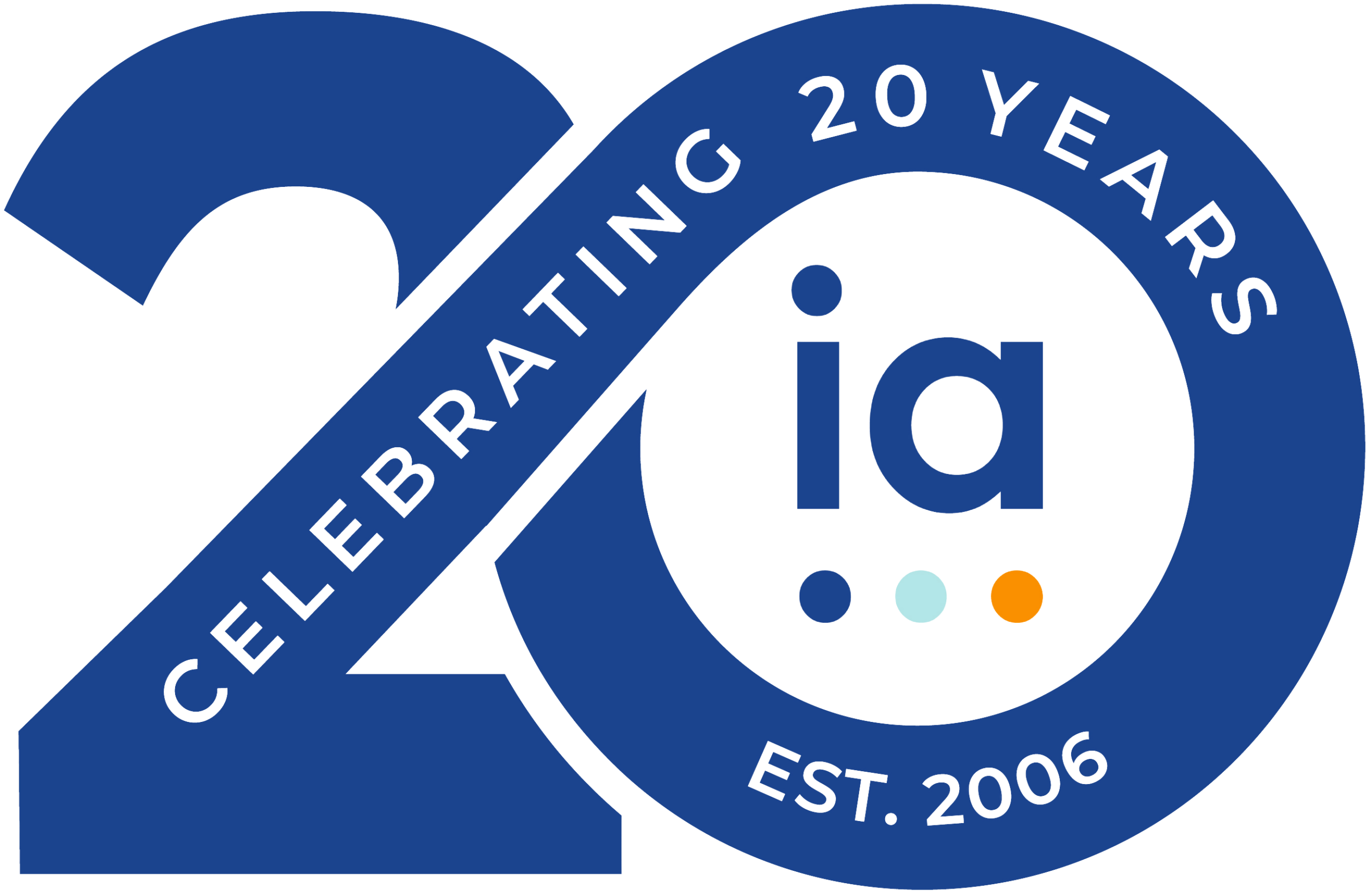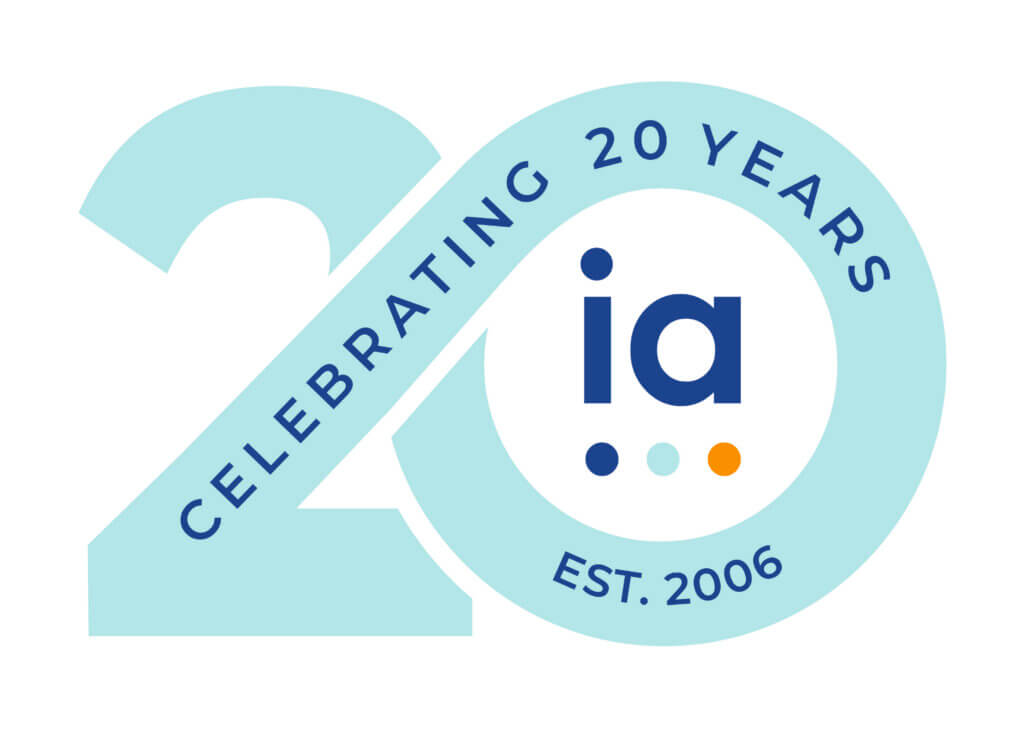Newsletters
It was day two of a global three-day workshop, and I was utterly and completely exhausted.
The preparation work had been all-encompassing in the weeks leading up to the event, and last minute changes meant a hectic morning of getting everything ready to address a complex and emotion-filled topic with a team who had never come together before.
As I stood at the front of the room, ready to launch the conversation, I decided to show all my cards and admit to everyone (with a coffee in hand): “I am just wiped out. How are you all doing?” After a few laughs, and more than a few knowing nods, I continued by sharing some personal stories from my past and actually said aloud, “I’d like to show a little vulnerability…” in order to demonstrate that this was a safe environment. No one was injured in the process and my willingness to admit shortcomings tipped over the first domino of openness and collaboration.
Although I’d love to think my amazing facilitation (insert sarcasm here) was a turning point for this team, I honestly believe that moment of vulnerability truly made the difference. By simply stating what I was experiencing, I stepped out of my role as facilitator and into my role as a human being – a simple act of reminding everyone in the room that we are all just people.
The value of vulnerability in leadership is nothing new. For years, experts have shared studies that show increased engagement and connection in teams where the leader is vulnerable. Yet despite now-infamous Ted talks and more than a few HBR articles, too few leaders were willing to practice it. Fear of showing weakness and not being in control at all times still causes many leaders to “grin and bear it” rather than “admit and share it.”
The pandemic continues to evolve how we approach work, and in many ways, it has changed us for the better. Conversations about mental health, caregiving, and general wellbeing are front and center in ways that are helping us all make better decisions for ourselves and our coworkers. This shift in focus requires vulnerability and strength – sharing more of ourselves, and nurturing an environment where sharing is both encouraged and protected.
All of this being said, it wasn’t my vulnerability that really made the difference – it was the vulnerability modeled by the leader of the organization. Their act of opening up and interacting as a person rather than a CHRO signaled to the team that imperfection is okay and that no one is immune to frustration, exhaustion, or uncertainty.
At the end of the workshop, participants were encouraged to share their commitments and lessons learned, and I was struck by the openness expressed in their statements. I was also struck by the optimism and resolve I heard as well, which given the amount of work ahead was a bit surprising – and then it hit me. Because they had all been so vulnerable about their concerns earlier, they were equally able to share their optimism and excitement about the work ahead.
And that’s the real strength.
With warm regards,
— Mark
Founder/Managing Principal/Vulnerable Facilitator, IA
Voice of HR

The Missing Link in the HR Organization
Despite HR’s best efforts, project management continues to be a challenge. IA Senior Advisors Becca Harrison and Jennifer Payne share tips to move forward.
Where You Can Find Us

IA has had a busy September, with more to come! Here are some events we’ve both been a part of and have coming up on the horizon:
September 14, 2021: Mark and Mary had a great time in their HR Executive Magazine-hosted webinar The Great Resignation: Challenge or Opportunity? If you’d like to view the recording – and learn more about HR Executive’s upcoming events – you can find it here.
September 20, 2021: Mark joined the Shaping Culture podcast, hosted by Ted Canova, to share his thoughts around effectively onboarding your workforce – and why it tends to be so hard to get right.
December 2021: The IA team will be back with HR Executive Magazine to present a webinar centered around the continued conversation about skills – upskilling, reskilling, who owns it, what it means to work, etc. Stay tuned for more information!
March 2022: It’s never too early to plan to join IA-ers for the 2022 Hacking HR Global Online Conference! Be sure to register and plan your agenda today.
On Our Radar
It’s not doom-scrolling. It’s research and analysis. Here are some interesting articles that caught the team’s eye this past month:
- At what point do we stop blaming the ATS for filtering job applicants? Based on the headline of this article from C|Net, we aren’t quite there. It’s an accepted fact that recruiters use the ATS to filter applicants based on keywords – but don’t blame the ATS, blame the filters chosen. As AI-driven automation continues to gain traction in talent acquisition, how organizations use it will be key in maintaining perceived and actual fairness in the hiring process.
- Are you over SMART goals? So are we. With annual goal-setting season upon us, it may be time to consider a new approach. The group at MIT Sloan think they’ve found it – meet the FAST system. The approach embraces frequent conversations to allow for agile course correction – sorely needed in our rapidly shifting world of work.
- And finally, procrastinators of the world unite…eventually. Fast Company shares a look at a study conducted in Germany that has identified the reason why we procrastinate. Turns out, it’s an emotional response triggered by a coping mechanism. So all that time management training you’ve been told to take but keep putting off probably won’t make a difference. It’s a fascinating new look at the reasons behind our actions.
About IA
As trusted advisors to senior leaders, IA supports strategic initiatives that transform the way organizations work.
Our seasoned team of professionals apply a revolutionary eye, deep domain experience, and flexible tools to accelerate the achievement of even the most ambitious goals. With a cross-functional, strategic perspective, we thrive on big, messy problems. Whether large or small, public or private, domestic or international, it’s our job to support leaders and their teams in achieving outcomes that are truly unique to their culture and objectives.
Every organization has a catalyst for change – learn more at iatransforms.com.






